Article Written by Geoff Aldis

Would you like to make changes to your home? Adding additional space or renovating can mean your home suits your lifestyle for longer. But doing work can be off-putting for many homeowners. One of the key obstacles is the need to get planning permission.
In the UK, according to gov.uk, planning permission is needed if you want to:
- Build something new
- Make a major change to your building, e.g. building an extension
- Change the use of your building
If you speak to any of your neighbours or friends about planning permission, it’s likely someone will have a horror story. Planning applications can be refused, they can take a lot of time, people can challenge them and so on. In fact, one survey found 34% of people thought the process of applying for planning permission was quite tough.
What’s more, research from Churchill found on average, 40 retrospective UK planning applications are made every day in the UK. Retrospective planning is when permission is sought after the changes have been made. You might not have realised you needed planning permission, or you might have tried to get away with making changes without permission. But if your retrospective planning permission application is refused, your local authority can issue an enforcement notice which requires you to put things back as they were.
It’s a much smarter move to get your permission before any work takes place. And to make sure your experience is a straightforward one, think about the following:
- Be realistic about the amount of time it may take. One of the main frustrations can be how long it takes to get approval – especially if it pushes your project dates back. Make sure you allocate enough time to get permission. Although there is an eight-week statutory deadline, councils can agree deadline extensions with the applicant based on their decisions or requests. It’s worth checking your local authority’s performance figures to get an idea of timings.
- Budget enough money for permission. How much it’ll cost you will depend on the scale of your project and what type of permission you need. Make sure you find all of this out before and allow some contingency plans for unexpected extras – for example, bat surveys. You can use the Planning Portal for England’s fee calculator as a starting point.
- Talk to your neighbours. Did you know your neighbours can object to your applications? When you apply, a letter is sent to immediate neighbours and a notice will go up outside your house. This lets local neighbours know and it’s their chance to say if they’re affected by the proposal. They can also give their support to the application. So it pays off to talk to them about your application and address any concerns they may have early on in the design process.
There are numerous benefits to extending and improving your home, rather than moving. Although it can vary dramatically depending on where you live, the estimated average cost of moving in the UK is around £8,885.
Even with a small budget, you can make dramatic changes to your home. Here are some popular home renovations and extensions which can also add value to your property:
- Reconfigure your internal space. Does your current layout make the most of views and natural light? Adding or removing internal walls or doorways can completely change the usability of a space. It’s likely making changes inside your home won’t require planning permission too.
- Add a conservatory or orangery. Creating a link between outdoor and indoor space is high up on many homeowners’ priority list. Not only does a conservatory add another room to your house, it lets in natural light and makes the most of your outdoor space – especially if you choose doors which can be opened fully.
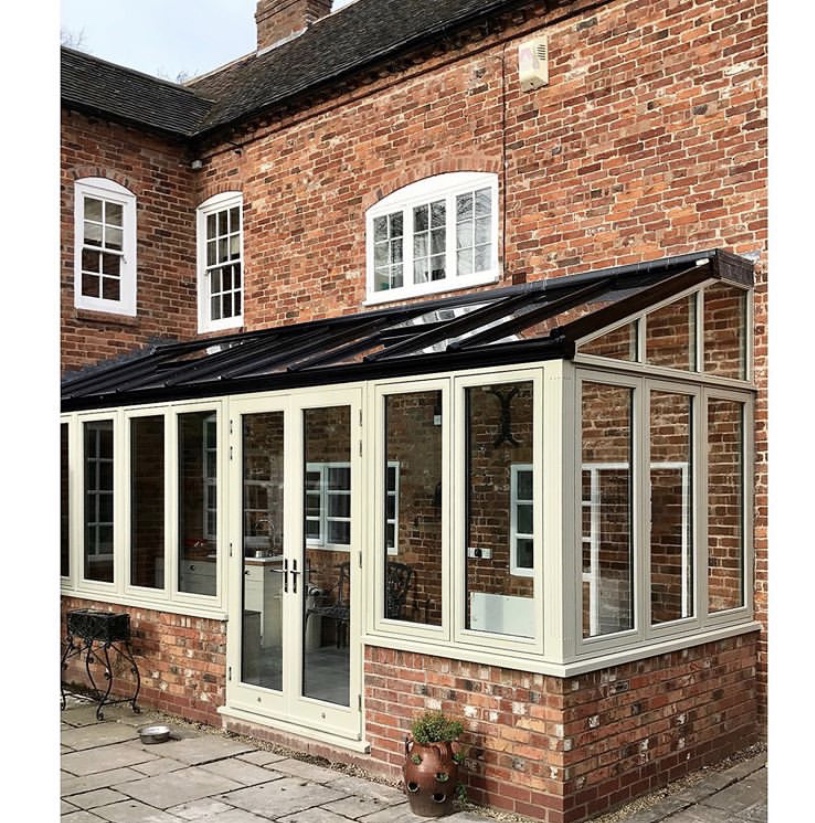
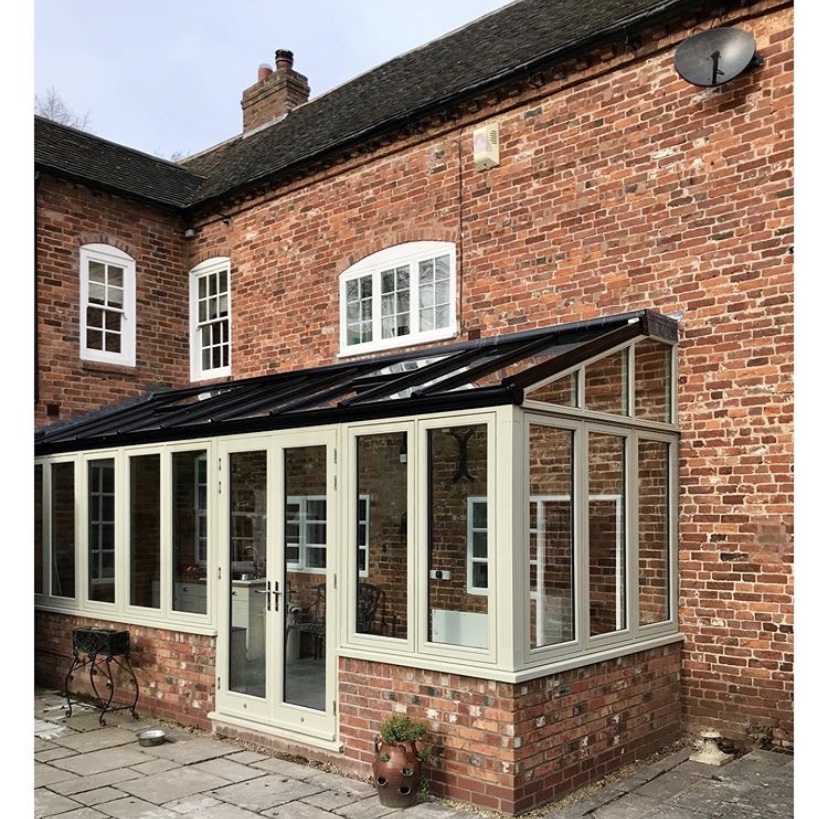
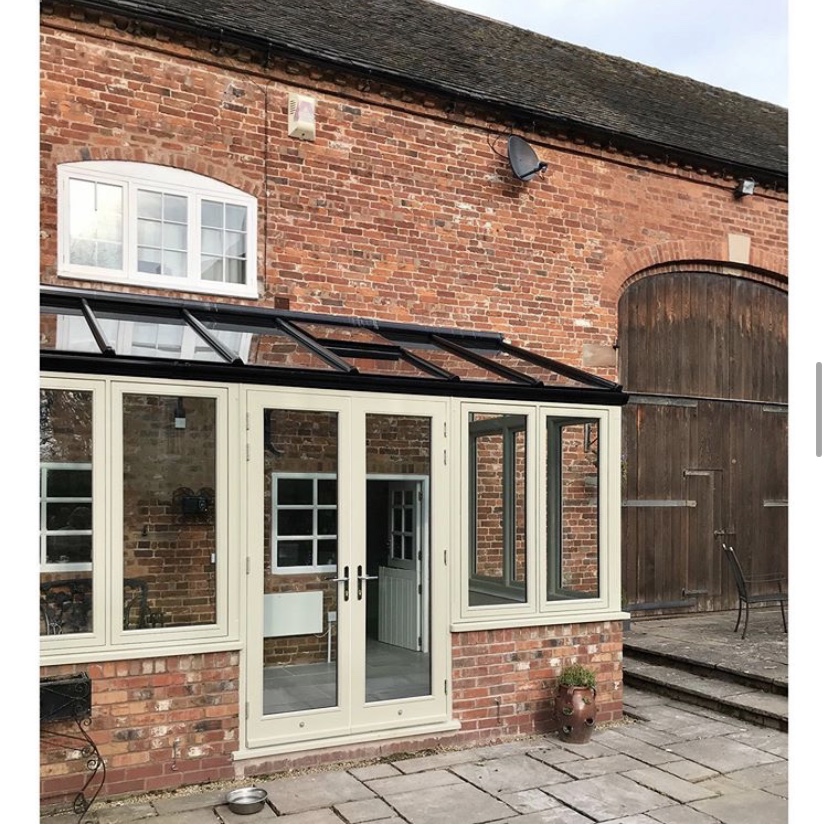
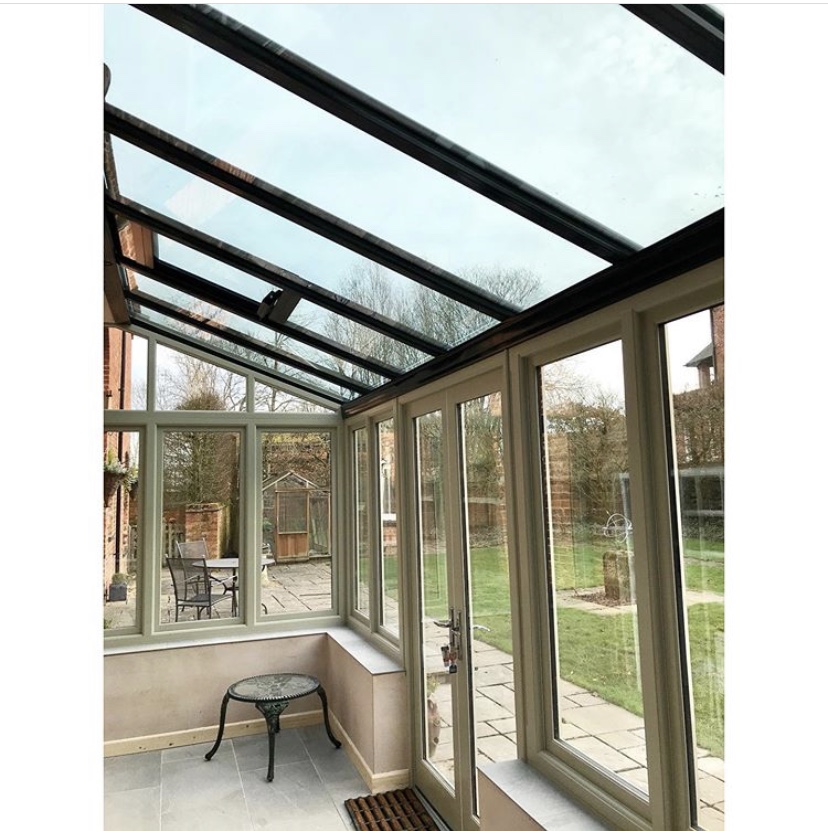
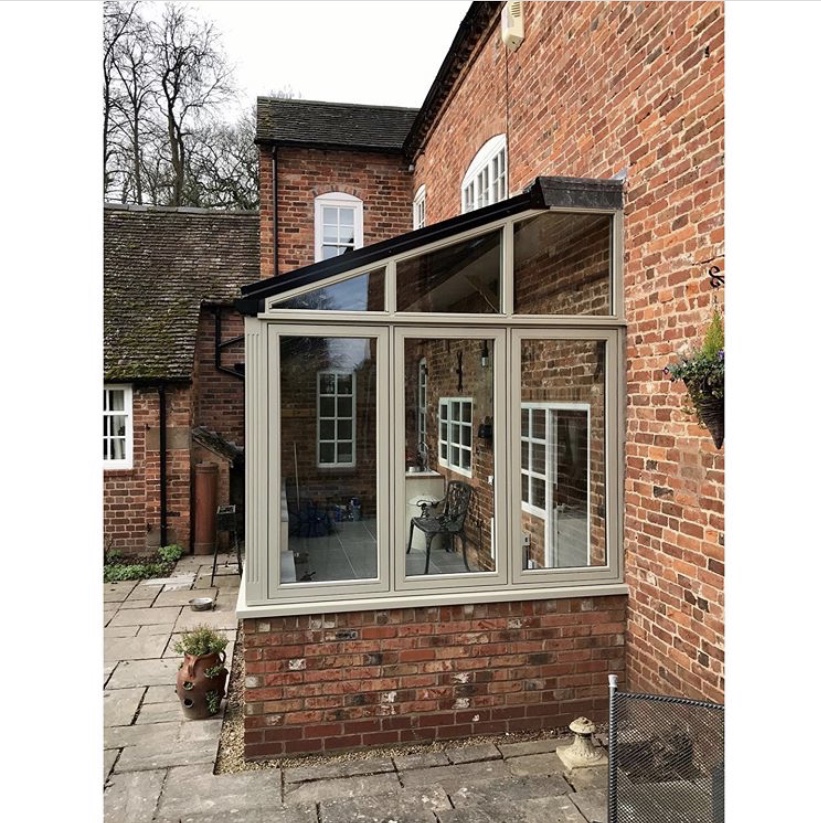
- Consider a loft extension. If you don’t have much space outside, and can’t consider a side or rear extension, think about a loft extension. Most lofts are unused, but can be converted into additional space.
Have you extended your home? What was your experience of getting planning permission like? Share your experiences with us.
